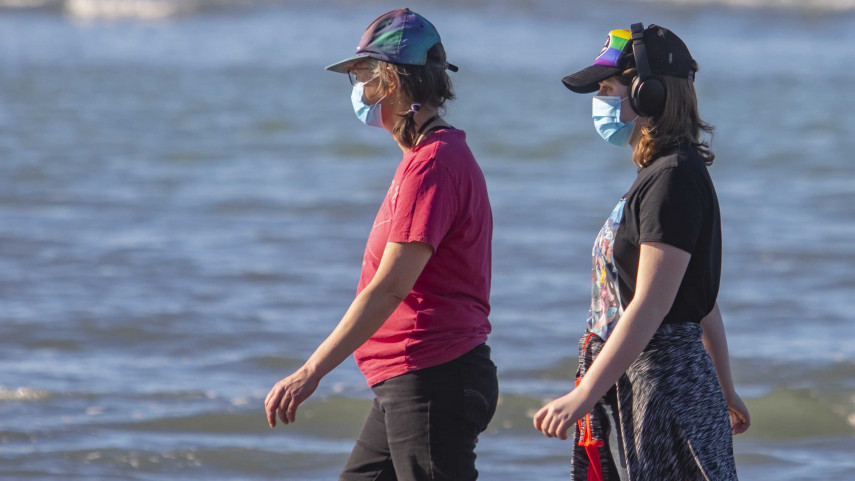
Canterbury agencies preparing for COVID in the community

Share this story
Canterbury agencies are gearing up for a significant increase in the number of cases of COVID-19 in the region.
“There are hundreds of people working across health, wellbeing, mana whenua and NGO social services to ensure that anyone who contracts COVID-19 in Canterbury or the Chatham Islands will be well supported, whether self-isolating in their own home or in an alternative community facility, including managed isolation and quarantine facilities,” says Ben Clark, Regional Public Service Commissioner for Canterbury.
Dr Helen Skinner, who is leading the Canterbury District Health Board’s COVID-19 response, says most people who get the virus are likely to have a mild illness.
“It’s important that people’s health and wellbeing is monitored by a clinical team as well as self-monitoring while in isolation. It’s also vital that people isolating at home know who and when to call for help if their health deteriorates,” Dr Skinner said.
“This week we’ve gone live with a dedicated COVID-19 Care in the Community page on our website.
“This site provides useful information on practical things we can all do now to ensure we are all ready for when COVID-19 is more widespread in our community, along with guidance for those who are self-isolating and resources for community support providers.
“If you’re heading away on holiday, have you made a plan to cover what you’ll do if you or one of your whānau catches COVID-19? Where will you isolate? What about vulnerable people you know who might be older and live alone or have a disability – how can you support others you care about?
“The new section on our website also provides links to information on what it means to be a close, casual, or household close contact of someone who has tested positive for COVID-19 and there’s information on what to expect and who can support you after you’ve tested positive,” Dr Skinner says.
“The best thing we can all do now to protect ourselves is to be fully vaccinated, including having a booster dose if it’s six months since you had your second dose of Pfizer vaccine.
“When you leave the house remember: Mask, Scan and Pass – wear your mask, scan in everywhere you go, and show your COVID-19 pass when you need to.
“It makes the job of contact tracers so much easier when you have a good record of where you have been. Once we start getting more cases in the community, we’ll all start receiving alerts to say we’ve been at a Location of Interest – it’s important to follow the public health advice provided.’’
Vaccination Clinics and Community Based Testing Centres are open throughout the holiday period.
“Under the Orange setting people who are vaccinated can enjoy a lot of freedoms – with masks, so I hope Cantabrians manage to enjoy catching up and socialising with friends and whānau in ways that keep everyone safe these holidays,” Dr Skinner says.
